Letters From the Front
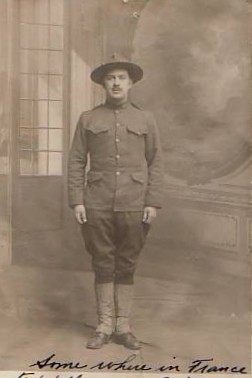
A Johnson & Johnson Employee During WWI, "Somewhere in France"
There’s a fascinating blog that’s been in the news recently. It reproduces the letters of a World War I soldier, in chronological order, 90 years after he wrote them. The letters have an immediacy that has thousands of readers following the writer’s story from letter to letter. Many Johnson & Johnson employees fought in World War I and, aside from writing to their families, they wrote letters to their co-workers and occasionally sent photographs, which are preserved in our archives.
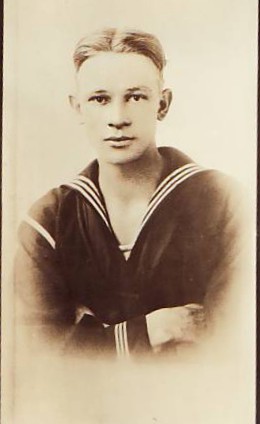
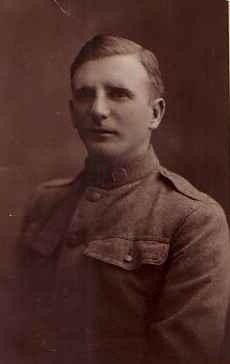
Two Employees Who Served in World War I
The Spanish American War in the 1890s had seen the Company increase its production of sterile surgical dressings, gauze, bandages, and other supplies to help treat wounded soldiers. During World War I, the Company ran shifts around the clock to keep up with the demand, which included all of the Allied forces, as well as military and civilian hospitals in the U.S. and many in Europe. This led in 1916 to the acquisition of the Chicopee Manufacturing Company of Chicopee Falls, Massachusetts, whose entire spinning and weaving output was soon on its way to New Brunswick to be made into surgical dressings and other medical supplies.
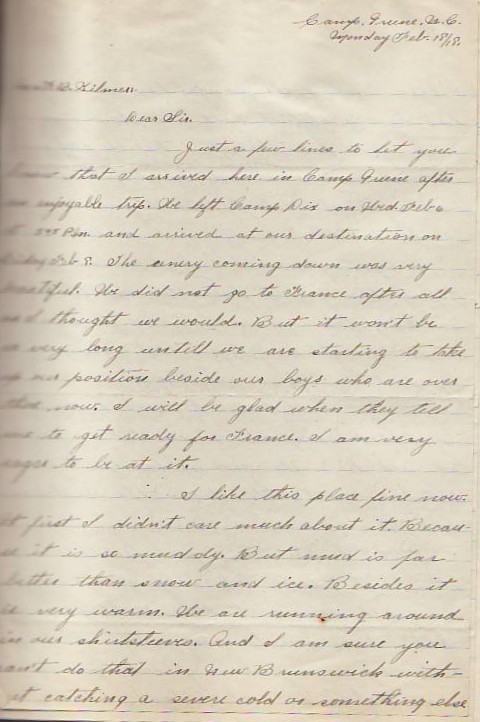
Excerpt from an Employee Letter to Fred Kilmer
Fred Kilmer, whose son was also serving in the army, encouraged the Company’s employee-soldiers to write and send photographs back to New Brunswick, which he saved in a scrapbook. This correspondence helped give these employees a lifeline back to their civilian lives. Their co-workers also sent care packages with joke books, newspapers (The Home News, the local New Brunswick paper, was a frequent request), magazines, items of clothing and personal necessities, like razor blades for their shaving kits. They kept their soldier-colleagues informed about what was happening back in New Brunswick, and the employees who wrote from training camps and then from France wrote what they could about what it was like in the trenches and field hospitals.
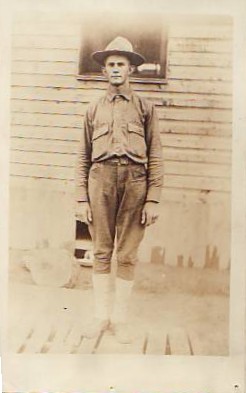
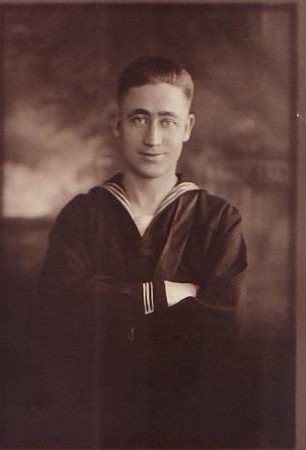
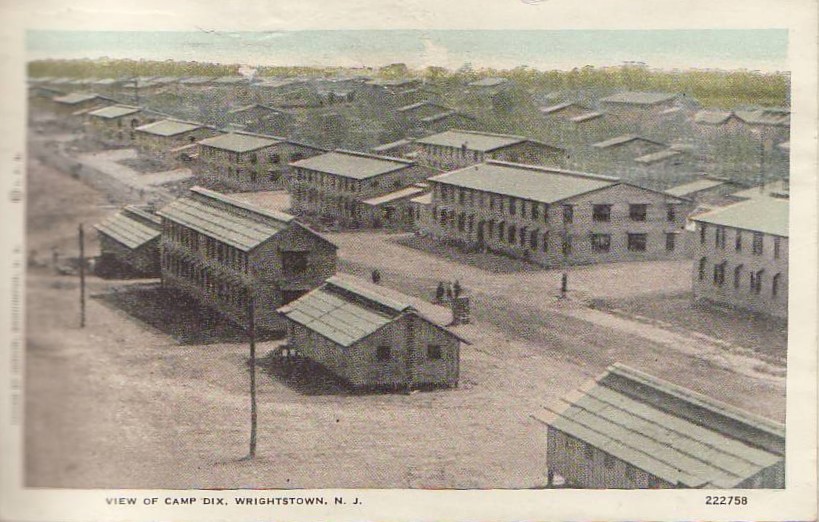
Back of postcard showing Camp Dix in Wrightstown, NJ. Many employees who enlisted were trained there.
An employee from the box room, who became a cannoner with a Field Artillery battery in France, wrote:
Over There, May 16, 1916 -- “…I am in my dug–out about 10 feet under the ground, so they will have to hit right square on top of the dug-out to do any damage to us. You can feel the jar when the shells land a little ways off and they blow out the candle by the force of the shock.” [Employee Letter, May 16, 1916]
“It is funny how you will get used to all the noise, and when you hear the shells going over your head you don’t mind it at all, for that is all I hear all day long; we get gassed nearly every day…” [Employee Letter, May 2, 1918]
Another employee from the main office, who served in an Ambulance Corps, illustrated some of the confusion and constant back-and-forth movement experienced by those at the front.
November 23, 1918: “We left Fraundes on September 19th., in trucks for a place called Villers Dauconet, a French American evacuation hospital and we stayed here until October 9th., when we joined the division for the first time, and went to a place called Mt. Blauville…We left here the next day and hiked about four miles to a place called Apprenouvite. Here we laid in holes made by the dough boys eight days previous. These holes were just long enough to stretch out in and were one foot deep…the next night fifty of us hiked back to Apprenouvit [sic] and ran a Field Hospital while twenty others went to the front and did litter bearing work…” [Employee Letter, November 23, 1918]
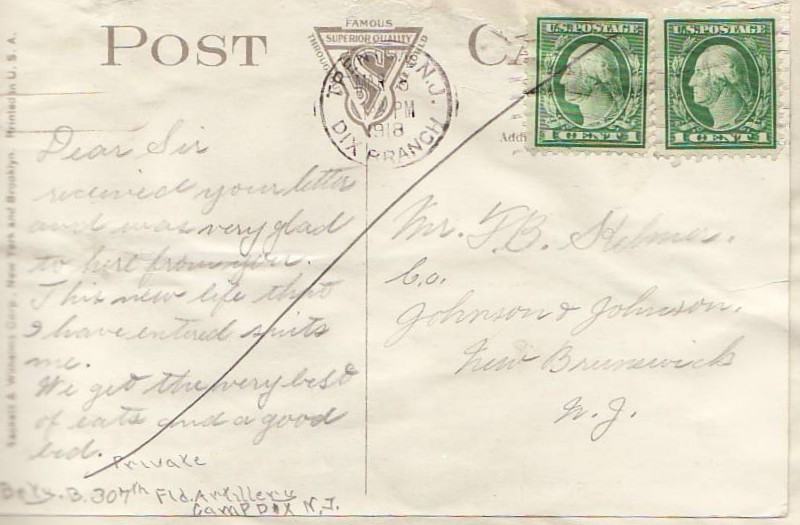
Postcard from employee-soldier written to Fred Kilmer
In another letter, dated July 1, 1918, the box room employee wrote to his supervisor and mentioned with a sense of pride the fact that Johnson & Johnson medical supplies played such a major part in treating the wounded.
“…as I walk over the battle field and see some places where our boys fell and were dressed before they were taken away, I often find a J&J bandage wrapper laying around…” [Employee letter, July 1, 1918]
The box room employee turned cannoneer and the main office employee came home safely, while others were not so fortunate. The box room employee reported back to his friends at Johnson & Johnson about what it was like at the exact moment the armistice ended the war:
“I was up at the front the morning that the war was called off just before eleven o’clock on the morning of November 11th. Every gun around me was sending them over as fast as they could and just at eleven o’clock, they all stopped. It sure did feel queer that afternoon when everything was so quiet and you could walk around where you pleased; everyone started celebrating that night and I took a hand in it myself; it sure was a great sight.” [Employee Letter, December 5, 1918]

helpfull thanks